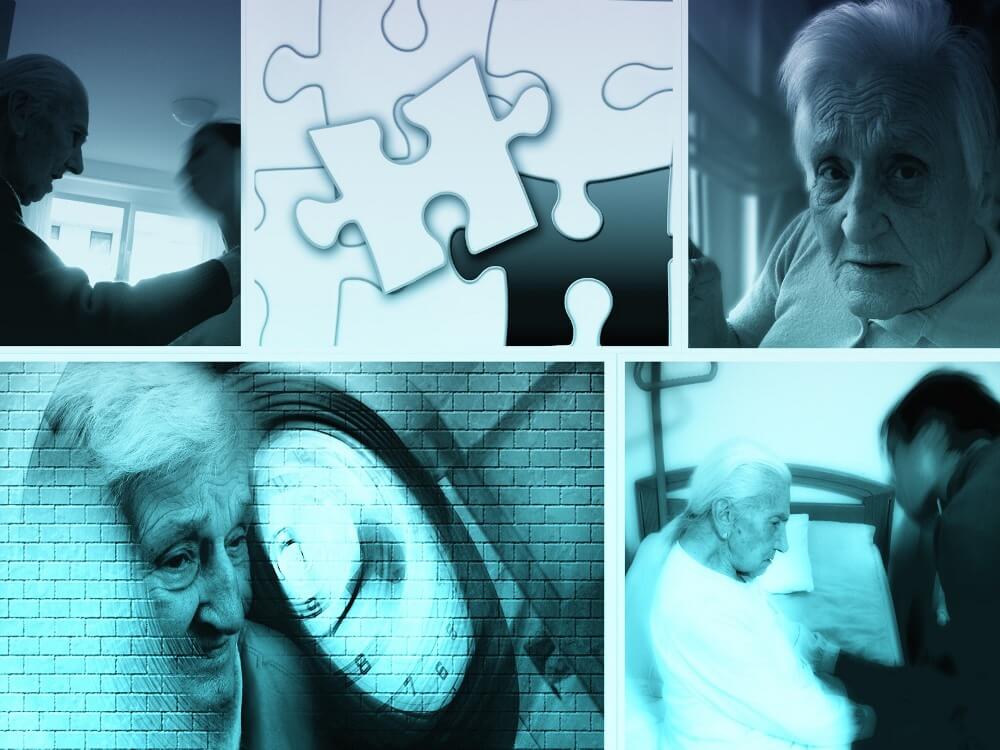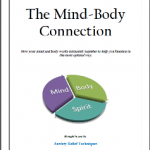As a person ages, depression symptoms can begin. If you, or a senior citizen you know, such as a parent, has lost all interest in life and activities they once enjoyed, feel helpless or hopeless, depression might be the cause.

5 Medical Conditions May Cause Depression in Seniors
However, there may be a deeper cause that triggered their depression. Medical scientists have identified some of the top medical conditions that can cause depression in seniors and that need to be addressed before the condition becomes serious.
The top five medical conditions that could cause depression in seniors are:
1. Dementia
Dementia is usually associated in the elderly who are depressed. Many of the symptoms are the same such as:
- Decline of mental faculties happens slowly in dementia, but in depression, it’s usually rapid.
- Confusion in seniors takes the form of disorientation and with depression, he or she knows where he is and the correct date and time.
- Motor Skills/Speaking is impaired in dementia and slower, but normal with depression.
- Concentration is a problem with depression, but dementia patients suffer short-term memory loss.
- Dementia can cause depression in the elderly because they know they’re failing and seem to be unable to do anything about it.
2. Parkinson’s Disease
Medications used to treat Parkinson’s Disease may cause depression in seniors. Depression can also be a risk factor for Parkinson’s Disease.
It was found in a recent study involving almost 5,000 patients that 66 patients with depression developed Parkinson’s disease, but only 97 among the Parkinson’s patients were not depressed. The study concluded with the fact that the patients with clinical depression developed Parkinson’s disease more than three times that of patients without depression.
3. Vitamin B12 Deficiency
Between 10% and 15% of people over the age of 60 can develop a Vitamin B12 deficiency that can lead to depression. The deficiency can be overlooked by medical exams because the Vitamin B12 is present in the system.
The problem is that the B12 isn’t being absorbed in the body as well as it is in younger people. This means that seniors can supplement their diet with vitamins and natural depression supplements and make sure they’re getting more than usual B12 from their diet plans.
4. Diabetes
Elderly people with diabetes have more of a propensity to develop depression because they face more challenges than younger people with diabetes.
Physical and psychological changes that occur with age are exacerbated with the presence of diabetes that limits diet and sometimes physical activities. Further impairment of eyesight may happen because of both aging and diabetes and diabetic neuropathy may hinder walking more in the elderly.
5. Heart Disease
Depression in older adults can make it more difficult to recover from a heart attack or to successfully treat heart disease. Depression can often be the cause of a heart attack because during depressive periods, a healthy diet and exercise may be avoided.
Clinical depression is often ignored in the elderly because it’s considered a part of the aging process. Losing a spouse, being uprooted from a home and other major life changes can affect a senior by causing severe medical problems such as heart disease.
Depression in the elderly should be taken seriously and steps should be taken to alleviate the mental and physical disabilities caused by the depression. There are some ways to help with depression, including finding new things to enjoy despite the effects of aging.
Coping with Senior Depression
It’s never too late to learn new things, try various activities and make lifestyle changes that help combat depression – and the medical conditions that sometimes accompany it.
Seniors who isolate themselves and avoid any type of activity only make their depression worse – and, it’s not good for most medical conditions either. Keep in mind that the more a person (especially those over 60) engage in physical, mental and social activities, the better chance they have to help their situations.
- Feeling connected is very important in elderly depression patients.
- Even if they have a medical condition that limits their activities and social realms, they can reach out to others in worse condition than they.
Exercise
- Exercise for relieving depression, is excellent, and any form of exercise is better than not exercising at all.
- Seniors who exercise enjoy profound mood-altering effects and has been proven to be extremely effective in alleviating the symptoms of depression.
- Simply moving can be helpful – some housework, taking the stairs or walking the dog can improve a dour mental outlook.
- Even confined to a wheelchair, an elderly person can build strength and boost morale by doing as much as they can.
If you are an aging senior, or know someone who is, always be on the lookout for ways to improve mental well-being and bring life into balance. You may need to learn new skills, develop emotional management and change your way of life – but it can still be a good life if your attitude is open and fresh.
Most of all, remember that depression or weakness from a medical condition doesn’t mean its the end! All age groups suffer from debilitating medical issues and depression, that can be just as debilitating.
Know that there are treatments for depression and self-help programs and strategies that you can incorporate in your life right now to ensure that you live a productive and exciting life for the future.
Affiliate Disclosure
My website contains affiliate links, which means if you purchase any products mentioned in my articles, I may receive a commission. If you do, thank you!






Speak Your Mind